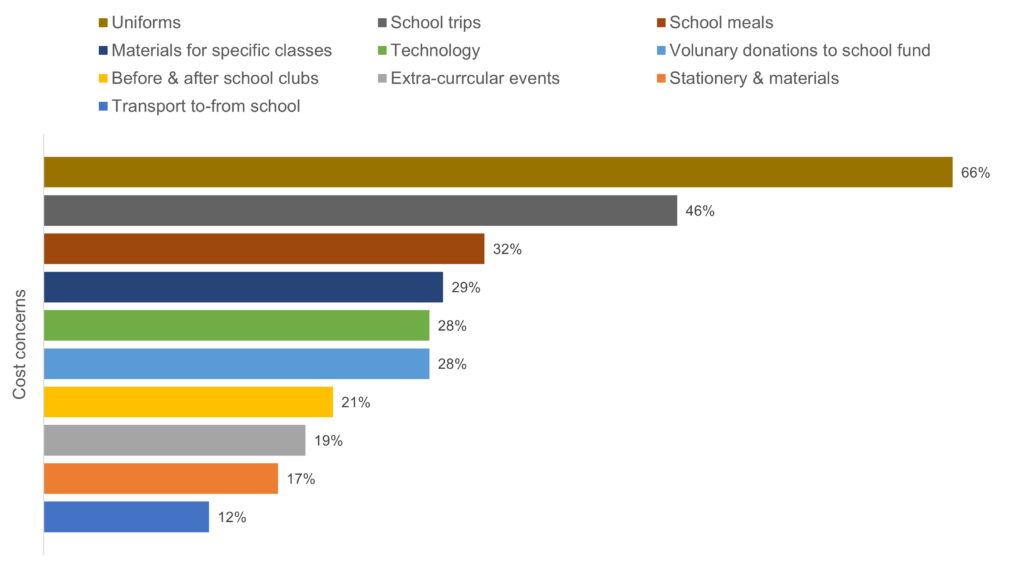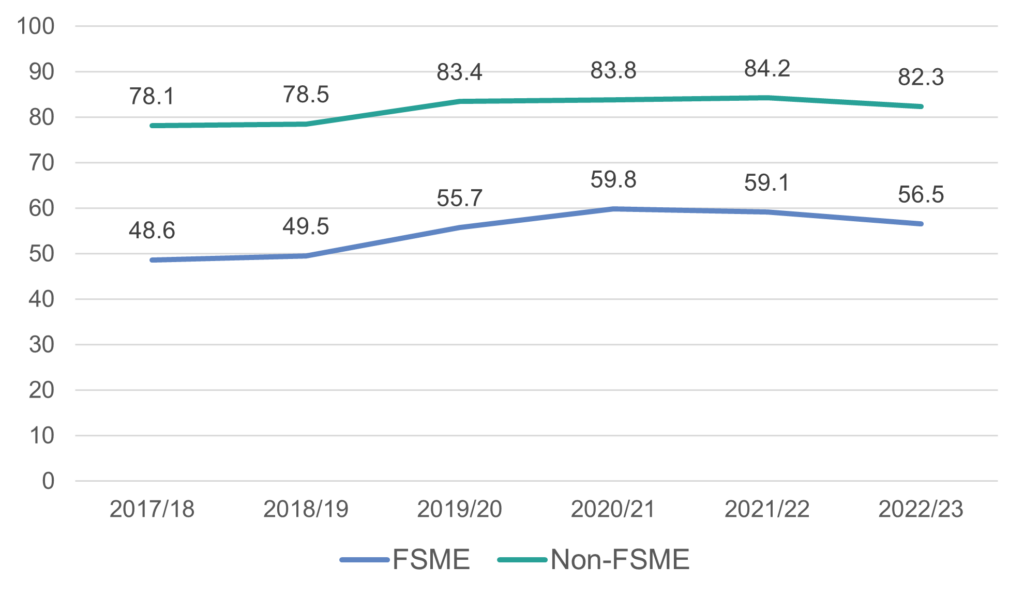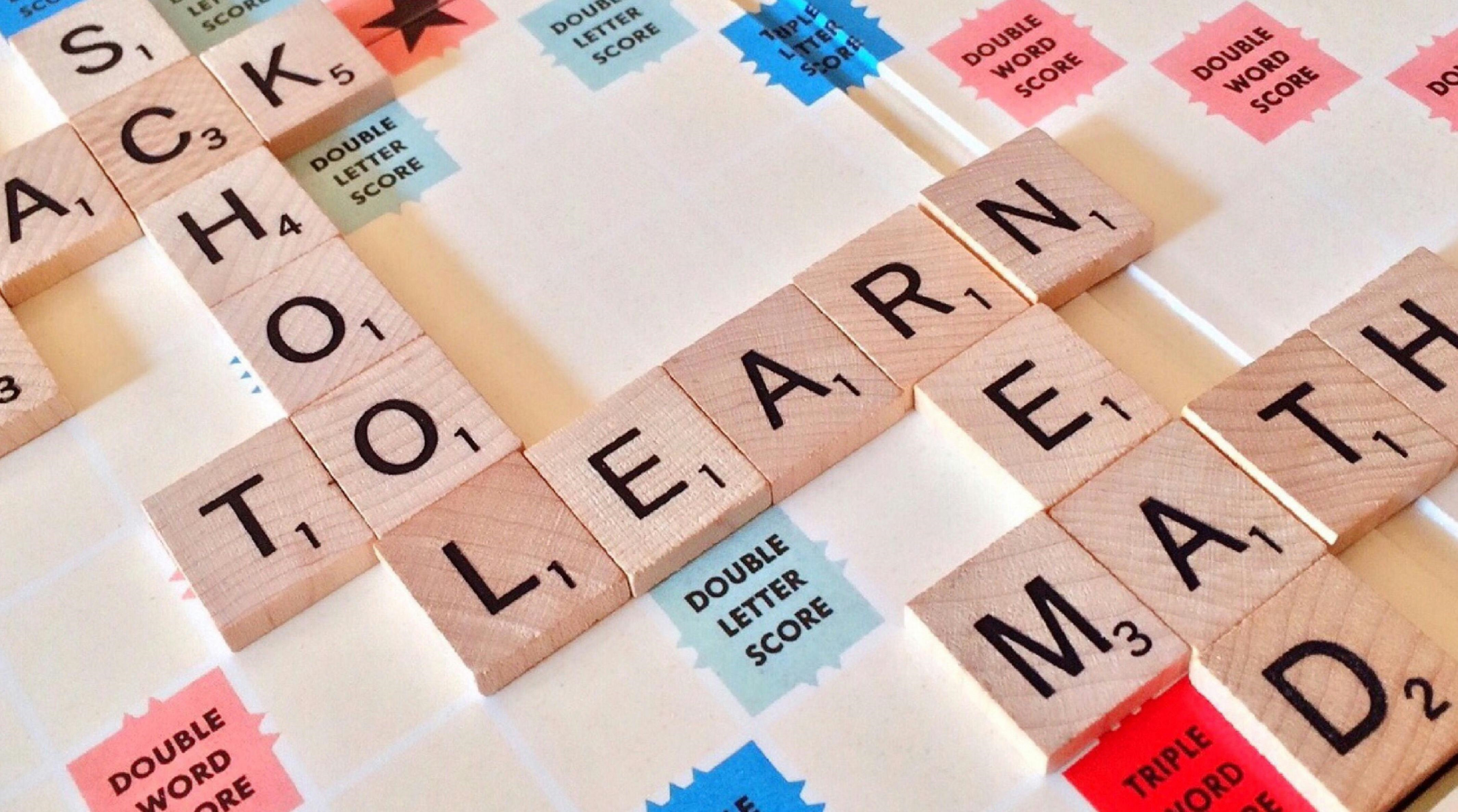This blog article will consider two main issues. First, it will examine the financial pressures facing parents in supporting their children through the school system. Second, it will look at how these pressures can compound the attainment gap between low-income families and the better off.
Parents are key stakeholders in the education system, yet in the busy world of school principals, teachers and boards of governors, their collective voice can be overlooked. Parents of school children in Northern Ireland (NI) can face multiple issues some of which have been prominent in the public domain recently. The increased demand in the level of children with special educational needs (SEN) has placed a huge burden on supply. The result has been delays in obtaining assessments from specialists such as educational psychologists and follow-on help and support for SEN children in the classroom.
Some parents also experience concerns about the mental health and well-being of their children, especially post-pandemic, for which limited support services are available in schools. Bullying and, more recently, online safety are also issues about which parents need to be alert. Although schools have policies in place to tackle these problems, things like cyberbullying can be difficult to detect. Aside from these issues, an increasing concern is the rising cost of education, including: school uniforms, transportation costs in rural areas, books, and the affordability of extra-curricular activities and school trips.
One insight into how parents can struggle in supporting their children through school is possible through survey data. A recent UK-wide representative survey conducted by Parentkind, a national charity network of Parent Teacher Associations, sought the views of parents (n=5,490) including Northern Ireland parents (n=303). The results offer a useful insight into the financial pressures facing NI parents who have at least one child aged 4-18 in school. When asked ‘thinking about the financial cost of your child going to school, which, if any, of the following are of particular concern to you?’, the results show the top three parental concerns are school uniforms, school trips and school meals (see figure 1).

The Department of Education NI has recently completed a public consultation on school uniforms which sought feedback on its proposals to make existing non-statutory guidance[1] on the affordability of uniforms compulsory. If this becomes law (School Uniform Bill) it will strengthen the existing guidance on affordability of uniforms, directly responding to the needs of parents.
The extent of financial hardship suffered by parents was captured in responses to the question: ‘have you done any of the following for financial reasons over the last 12 months?’, responses by parents of school children indicated: 41% had rationed heating; 19% had skipped meals; 15% had taken an extra job or additional hours to help with costs of having children; 12% had taken out a loan or taken on credit card debt to pay for school debts; and 6% had used a food bank.

Since the data allow for comparison of parental views at a regional level (Northern Ireland, Scotland, Wales and England), there were some significant differences expressed by Northern Ireland parents who indicated that:
- Parents were most likely to say homework is a cause of arguments.
- Parents were most concerned about costs of school uniforms, materials for classes, voluntary donations and after-school clubs.
- Their children were most likely to be influenced by people on social media.
Financial pressures and education attainment
As financial pressures increase on parents, these become more acute for low-income parents which, in turn, can further exaggerate the education attainment gap. One example is the transfer of pupils from primary to post-primary schools at age 10/11, a critical point in a child’s education. Some 63 grammar schools (from 66 in total) use a transfer test to select pupils for entry purposes. Although the content of the test is based on the Northern Ireland primary schools’ curriculum, parents who can afford private tutoring tend to provide this extra support, increasing their children’s chances of access to grammar schools.
This, in turn, has downstream consequences for school leavers from disadvantaged backgrounds as measured by pupils’ eligibility for free school meals. The most recent data (2022/23) on school leavers showed that there was an attainment gap of 25.8% between non-free school meal entitled leavers (NFSME) and free-school meal entitled leavers (FSME). The gap is measured using the percentage of leavers who have attained at least 5 GCSEs (A* to C) including English and Maths. Put differently, 82.3% of non-free meal school leavers had 5 GCSEs (A* to C) including English and Maths compared to 56.5% free school meal leavers (a gap of 25.8%).[2] The data also show that 96.0% of pupils leaving grammar schools in 2022/23 have achieved 5 GCSEs (A* to C) including English and Maths compared to 61.1% of pupils leaving non-grammar schools (see figure 2).

Research shows that the COVID-19 pandemic has generally widened the attainment gap between the most advantaged and disadvantaged pupils in the UK due to a range of factors such as the digital divide, home learning environments and deepening poverty as a result of the pandemic. The cost-of-living crisis has added to the burden of parents of school children. The research noted:
Taking part fully in school, from having the right school uniform to attending school trips, also comes with costs that a growing number of families will struggle to cover as the costs of essentials rise… Parental stress and worry are also known to have a negative impact on young people’s ability to learn in school, and this is likely to increase as a growing number of families worry about making ends meet (JRF Poverty Report, 2024: 141).
More generally, policy proposals from the National Parent Survey to reduce the financial burden on NI parents included:
- The cost of sending a child to school should be included as standard in any approach to reducing poverty.
- Support to Parent Teacher Associations in the poorest areas of Northern Ireland to boost enrichment, school trips and the cost of uniforms.
- Every primary and post-primary child should have access to weekly extracurricular activities and after-school clubs.
Parents are a key stakeholder in the learning journey of pupils in the education system. Their voices are therefore important in the education policy making process.
The devolved government in Northern Ireland has been involved in several initiatives to help parents living in disadvantaged areas and the associated problem of lower educational attainment. These have included:
- pathway funding for early years education to help support very young, disadvantaged and vulnerable children;
- the Sure Start programme aimed at supporting children under the age of four and their parents living in the most disadvantaged areas;
- free school meals and uniform grants;
- targeting social need (TSN), extended schools programme, provision of digital devices, actions resulting from the Fair Start Report (2021) on educational underachievement; and
- the most recent RAISE Programme which is a whole community and placed based approach to ensure that all children and young people regardless of their background are given a fair start in life.
Despite the efforts of DENI, the link between these interventions and achieving better outcomes for children from disadvantaged areas has been difficult to demonstrate. A Northern Ireland Audit Report (2021), for example, found although DENI had provided £913 million for TSN it did not have the data to demonstrate if the funding had made a demonstrable difference in narrowing the educational attainment gap.
Financial pressures on parents of school children have a pernicious impact beyond the immediate demands of paying for uniforms and school trips. Parents who face these pressures are more likely to be in receipt of free school meals for their children who, in turn, perform less well in their education. Interventions to break this vicious circle have proved difficult in practice.
________________________
[1] Another example of non-statutory guidance is information and practical support given to teachers on how to plan and roll-out the requirements for teaching religious education as part of the National Curriculum in Northern Ireland.
[2] As a result of changes to the processes for awarding qualifications, in response to the pandemic, more recent data beyond the year 2018/19 is unreliable.


